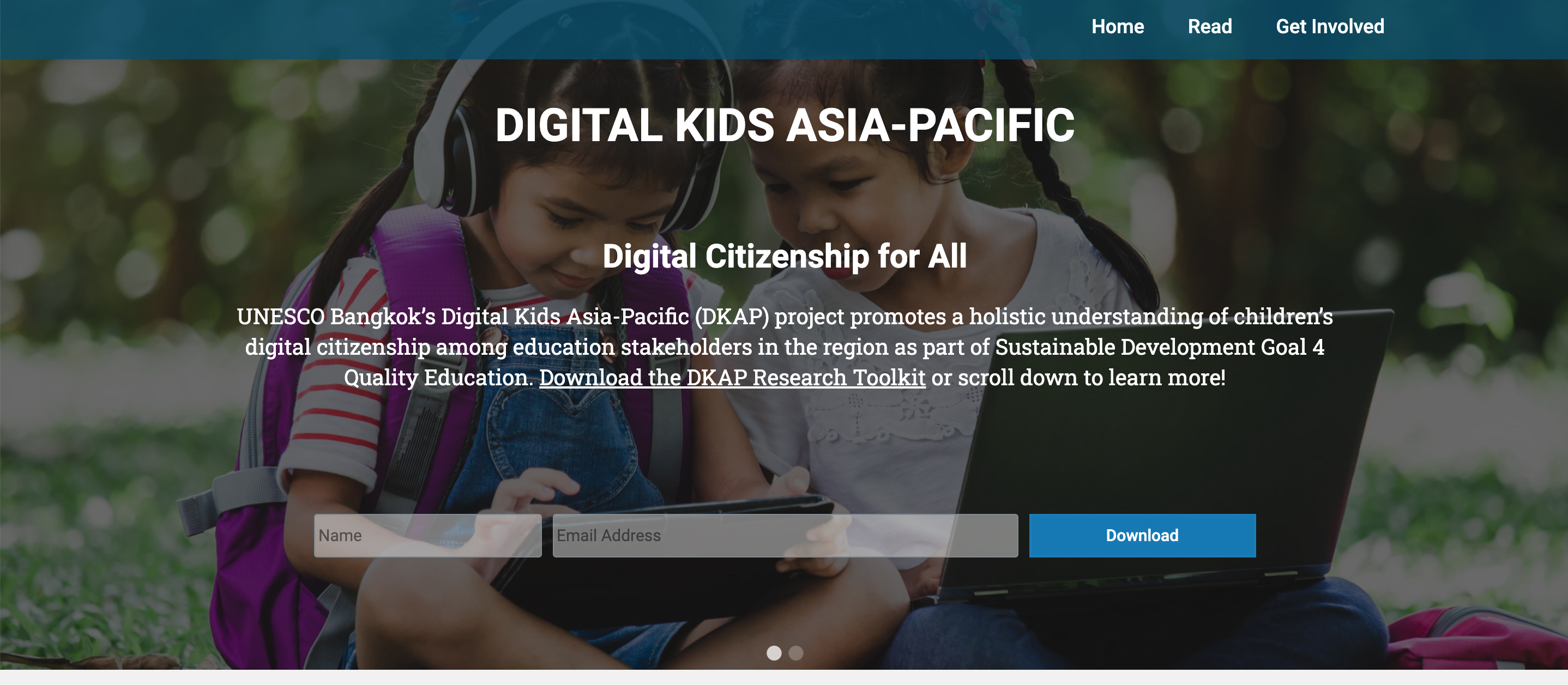Caregivers and parents
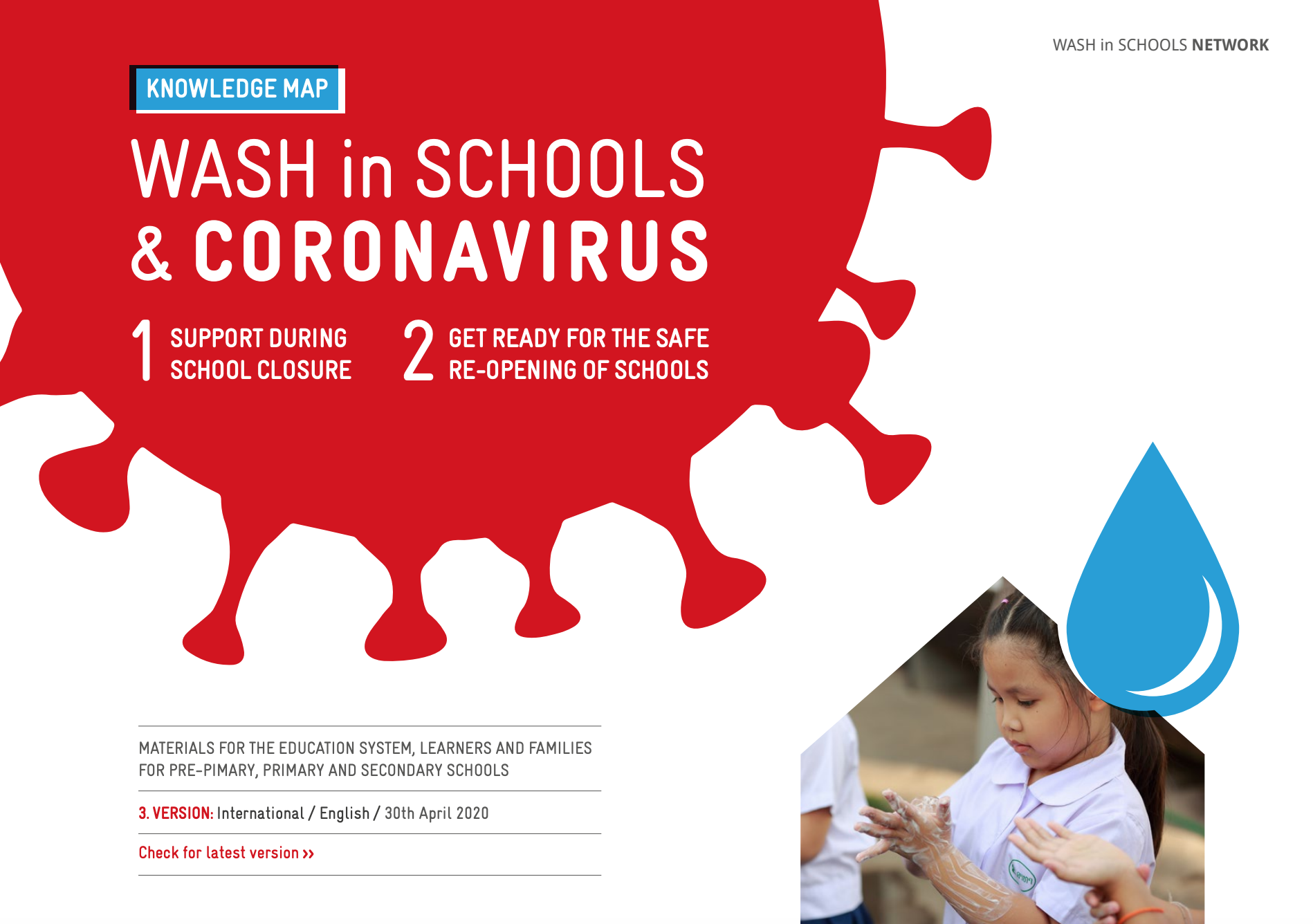
Author: Deutsche Gesellschaft für Internationale Zusammenarbeit (GIZ), United Nations Children’s Fund (UNICEF), WaterAid and Save the Children
Audience: Teachers, Students, Caregivers and Parents
Languages: English
Geographical Scope: Regional
The map is intended for the time when schools are closed and in preparation for re-opening of schools.
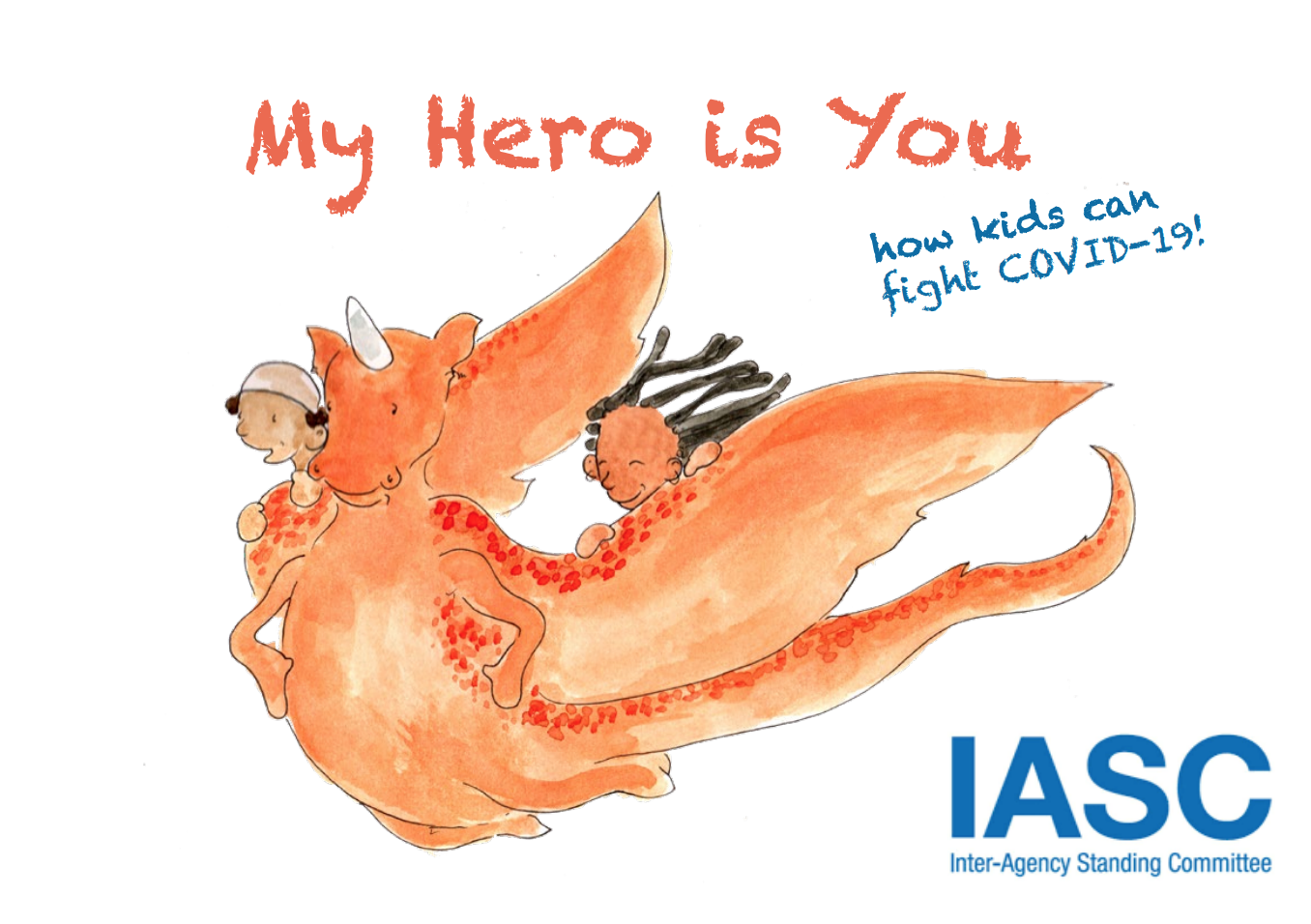
Author: Patuck, Helen
Audience: Children
Languages: English, Bahasa Indonesia, Bahasa Malay, Burmese, Chinese, Japanese, Korean, Mongolian, Sinhala, Swahili, Tamil, Thai, Uzbek, Vietnamese
Geographical Scope: Regional
A fictional book developed by and for children aims to help families understand and cope with COVID-19.
Available in these languages:
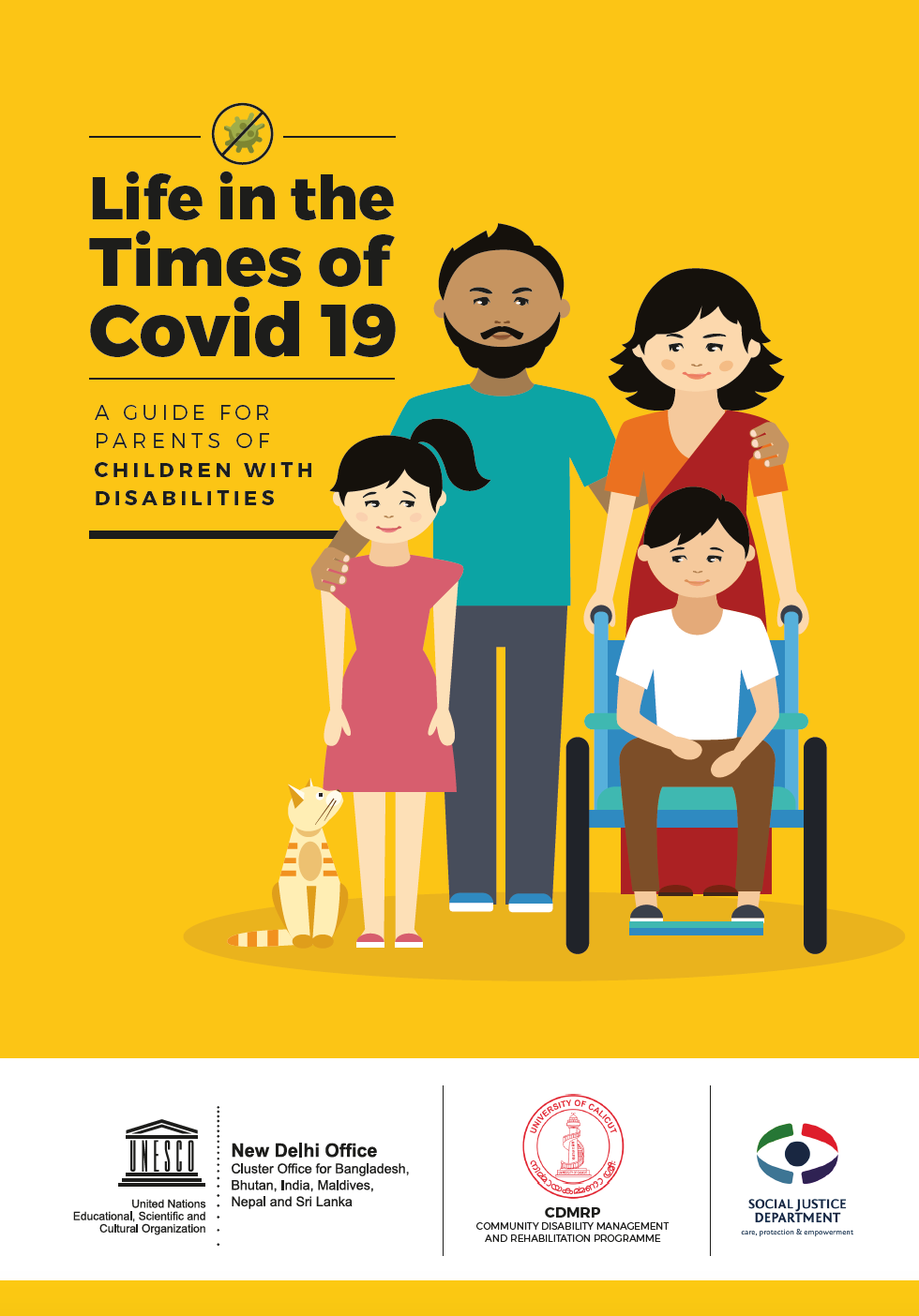
Author: UNESCO New Delhi
Audience: Caregivers and Parents
Languages: English and Nepali
Geographical Scope: Bangladesh, Bhutan, India, Nepal, Maldives and Sri Lanka
Parents and caregivers of children with disabilities can cope with the stress during these difficult times through our guide: Life in the time of #COVID19. Download the complete guidebook below.
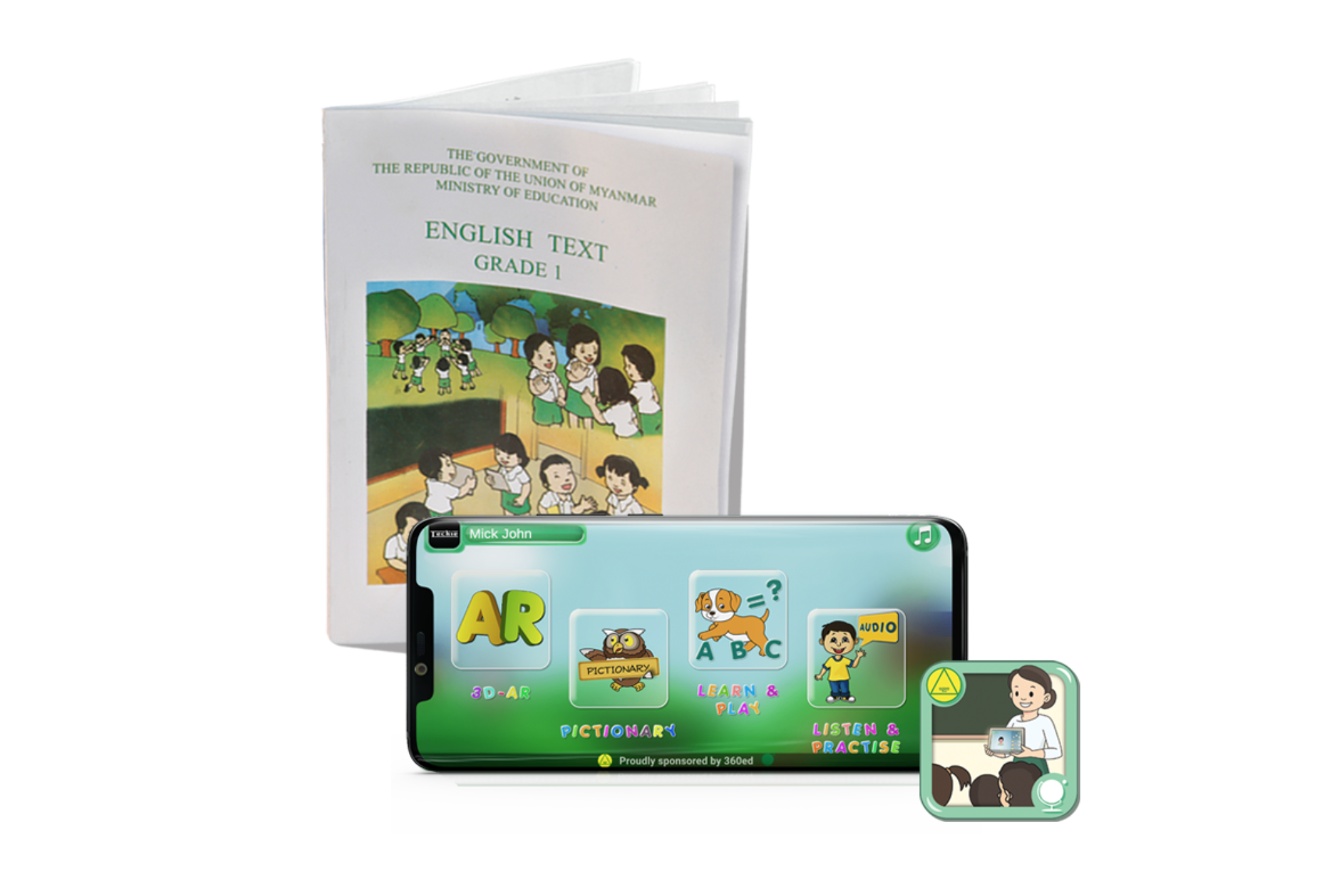
Author: 360ED
Audience: General Public, Students, Policymakers, Teachers, Caregiver and Parents
Languages: English
Geographical Scope: Regional
An application that aims to assist teachers and learners to interact with learning situations with visual illustrations in 3D and also focuses on the motor skills and hand-eye coordination enhancements for kids by fun learning games.
Useful Links:
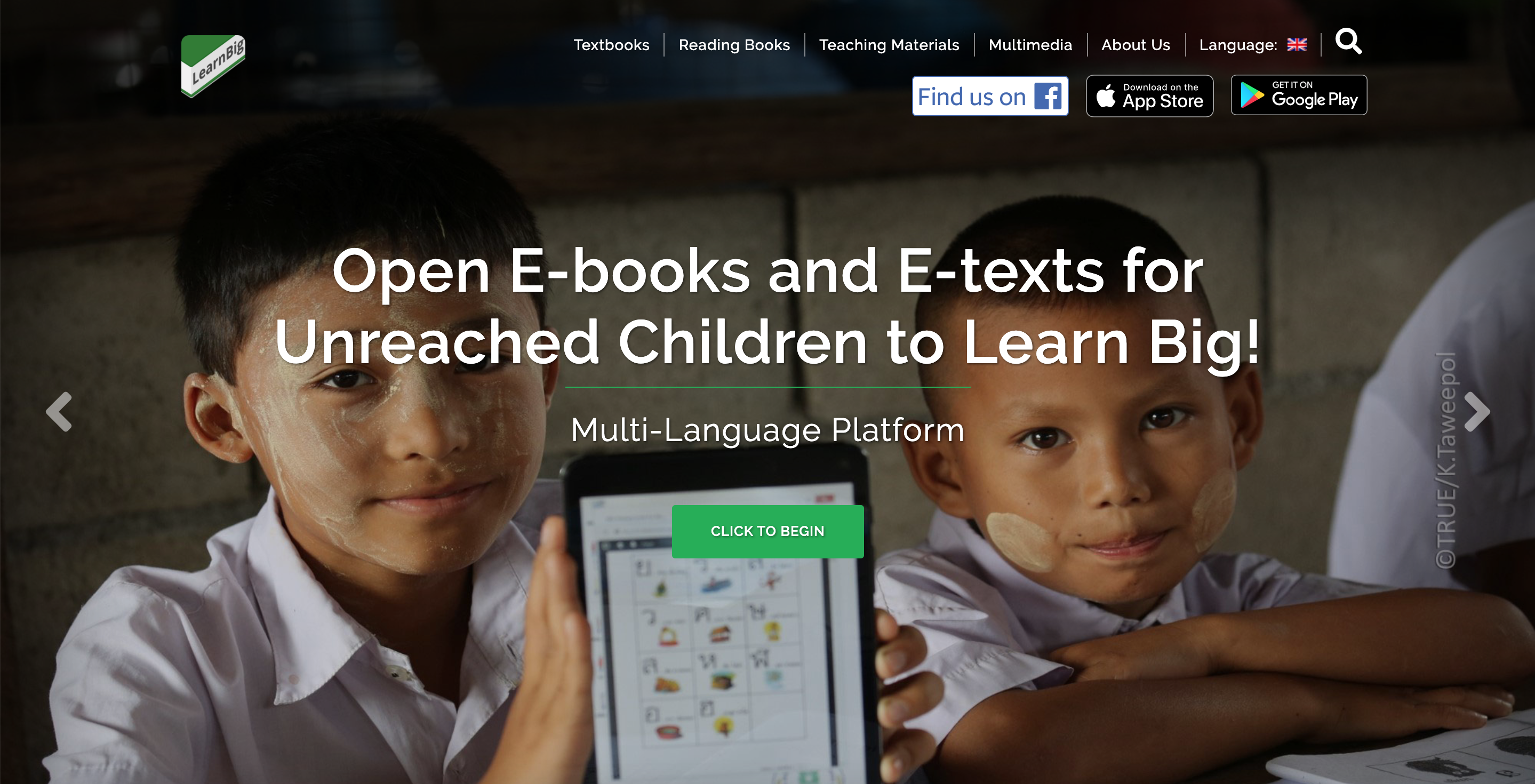
Author: UNESCO Bangkok
Audience: General Public, Teachers, Students, Caregivers and Parents
Languages: English, Thai, Burmese and Malay
Geographical Scope: Thailand
The project enhances basic literacy and numeracy skills for more than 5,500 migrant, ethnic minority, stateless and marginalized children along the Thai-Myanmar border, harnessing ICT and mobile learning (tablets preloaded with “LearnBig” app, satellite TV and internet).
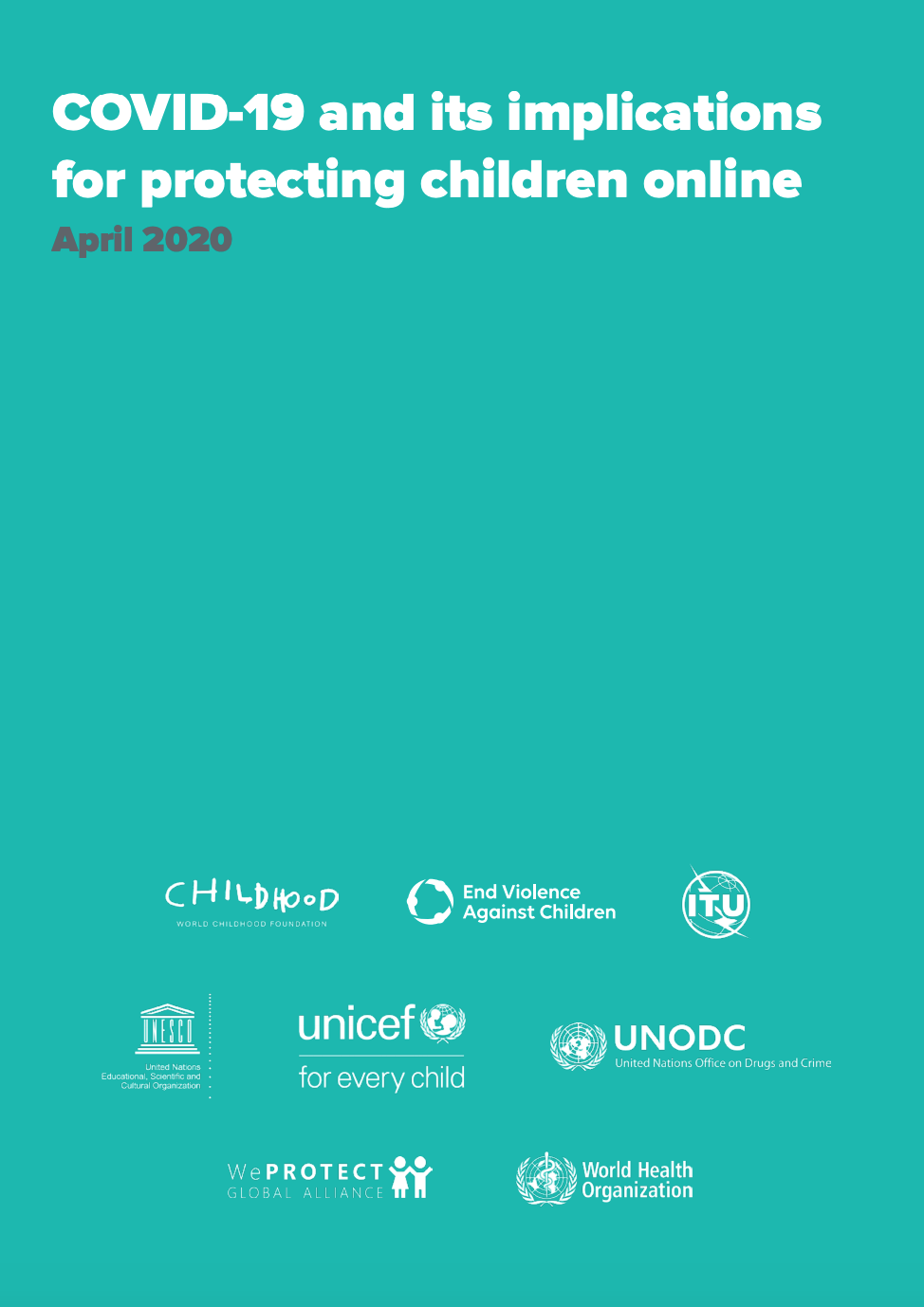
Author: UNICEF together with its partners, Global Partnership to End Violence against children, International Telecommunication Union (ITU), United Nations Educational, Scientific and Cultural Organization (UNESCO), UN Office on Drugs and Crime (UNODC), WePROTECT Global Alliance, World Health Organization (WHO), and World Childhood Foundation USA
Audience: Policymakers, Teachers, Caregivers and Parents
Languages: English
Geographical Scope: Regional
This technical note from UNICEF and partners sets out some of the key priorities and recommendations on how to mitigate those risks and promote positive online experiences for children.
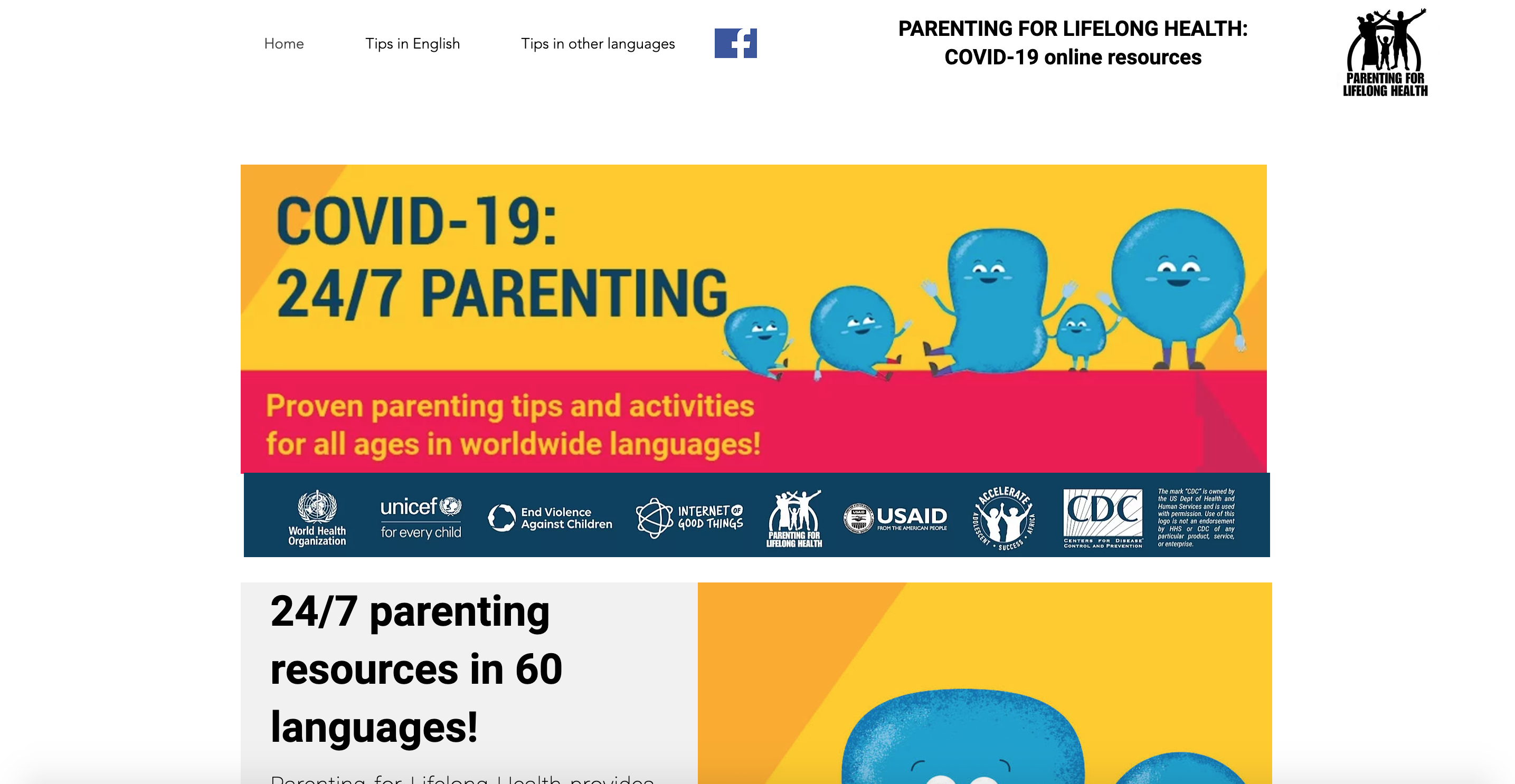
Author: UNICEF, WHO and the University of Oxford
Audience: Caregivers and Parents
Languages: Available in 60 languages
Geographical Scope: Global
A suite of free parenting programs that use social learning and parent management training principles to improve parent-child relationships. The programmes equip parents with skills to parent positively and develop healthy relationships with their children.

64 cards summarize key expert recommendations on several topics related to learning at home, working remotely, staying healthy, talking about COVID-19 and information hygiene, relationships, and leisure time during home confinement.
The cards provide:
- Useful tips for parents, caregivers and teachers how to talk to children of different age about COVID-19 and be prepared to answer difficult questions
- Rules to stay motivated to study or work remotely, organize daily routine and balance work, study and the rest
- Universal precautious measures to stay safe and protect others including those who cannot work remotely
- Ideas how to maintain physical and mental health, read news about the coronavirus and cope with stress
- Advice how to support healthy relationships and communication without discriminating those affected by COVID-19
English Version
1. What question children could ask about the virus?
2. How to talk to your children about the coronavirus?
3. Talking about the virus with children of ages: Helpful tips
4. Seven rules to stay motivated to study or work during quarantine
5. How to study at home and prepare for exams during quarantine?
6. What if going into quarantine is not an option yet?
7. How to read news about the coronavirus?
8. How to cope with stress in a pandemic?
9. Chasing the virus, not the people: How to deal with stereotypes around the coronavirus?
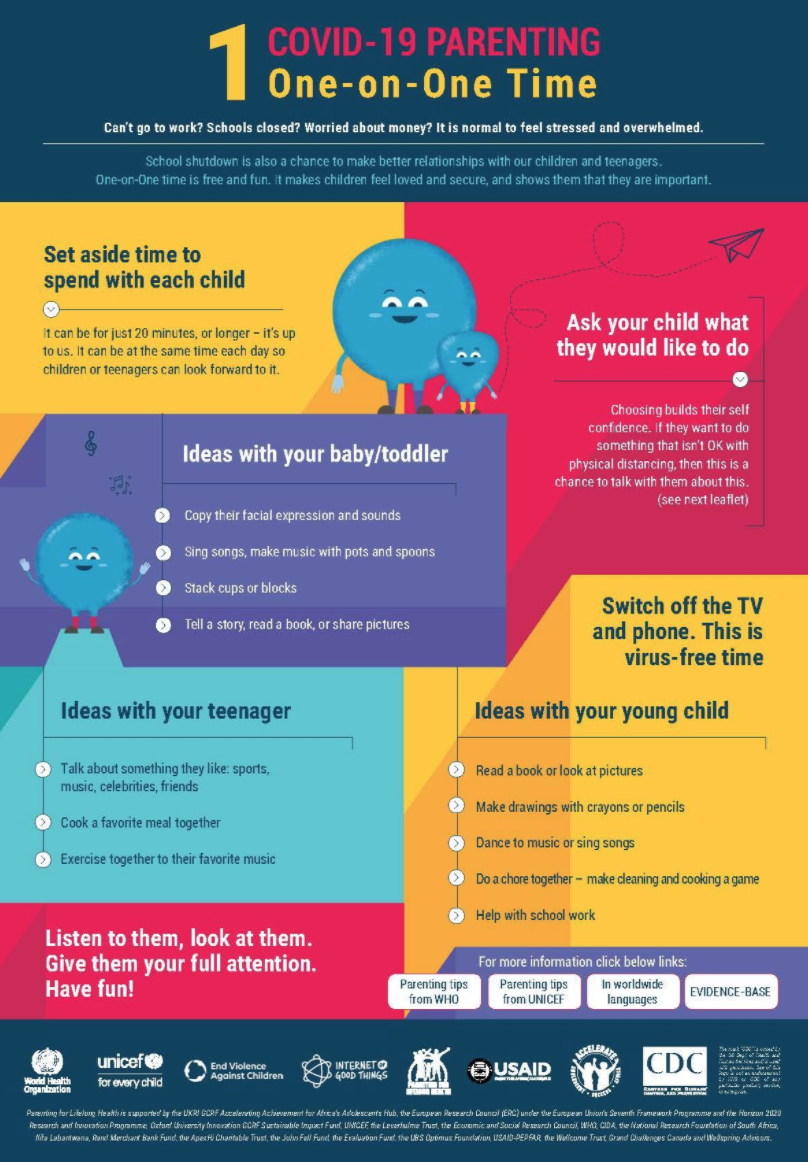
To help parents interact constructively with their children during this time of confinement, these six one-page tips for parents cover planning one-on-one time, staying positive, creating a daily routine, avoiding bad behaviour, managing stress, and talking about COVID-19. Use them to your and your kids’ advantage, and have fun in doing so.
For more healthy parenting tips


